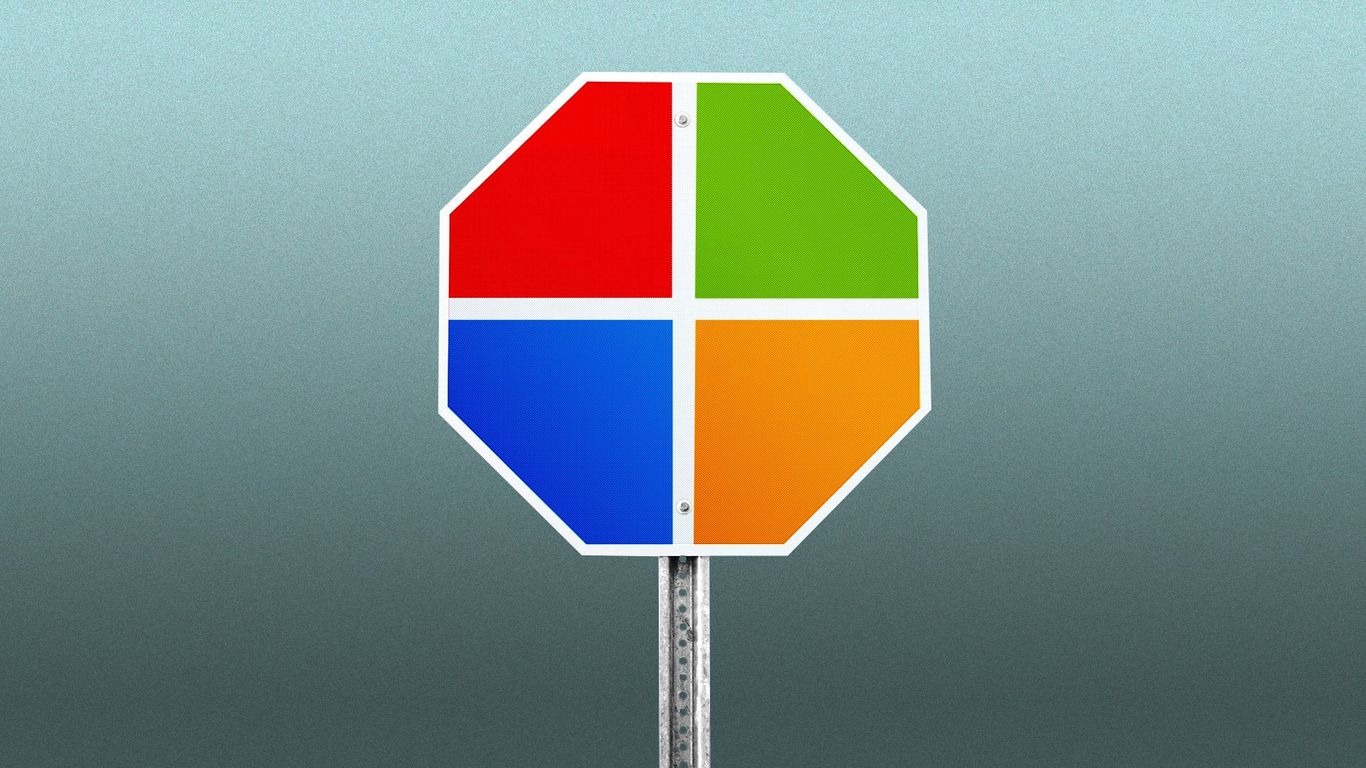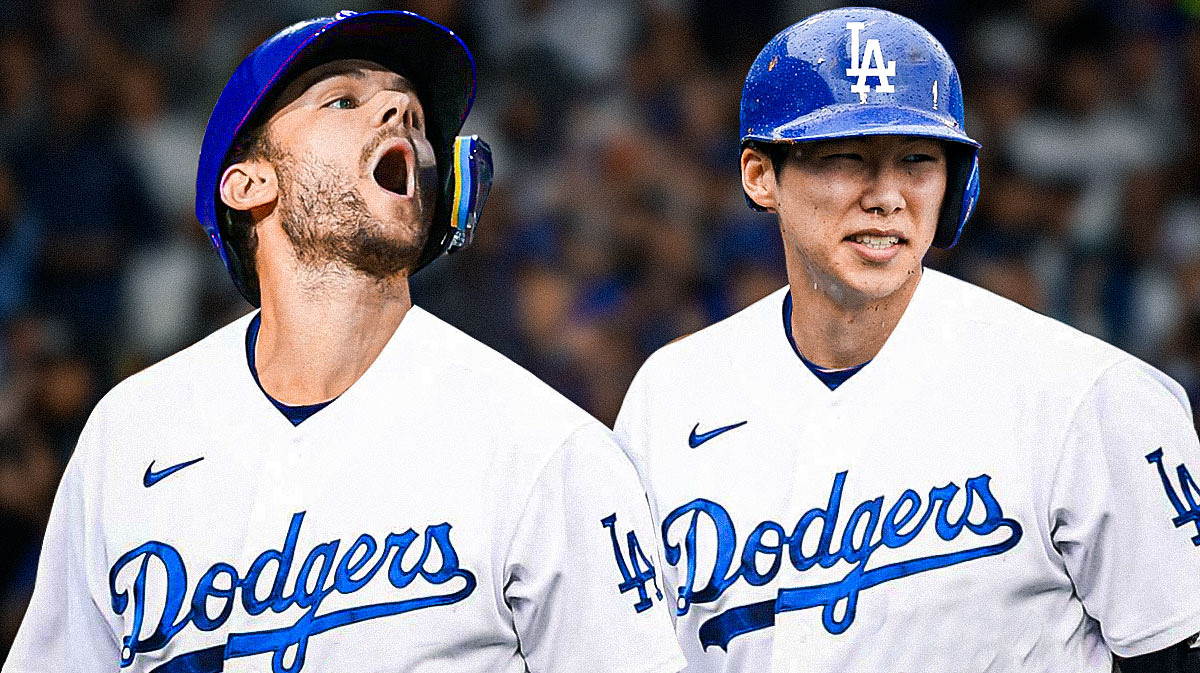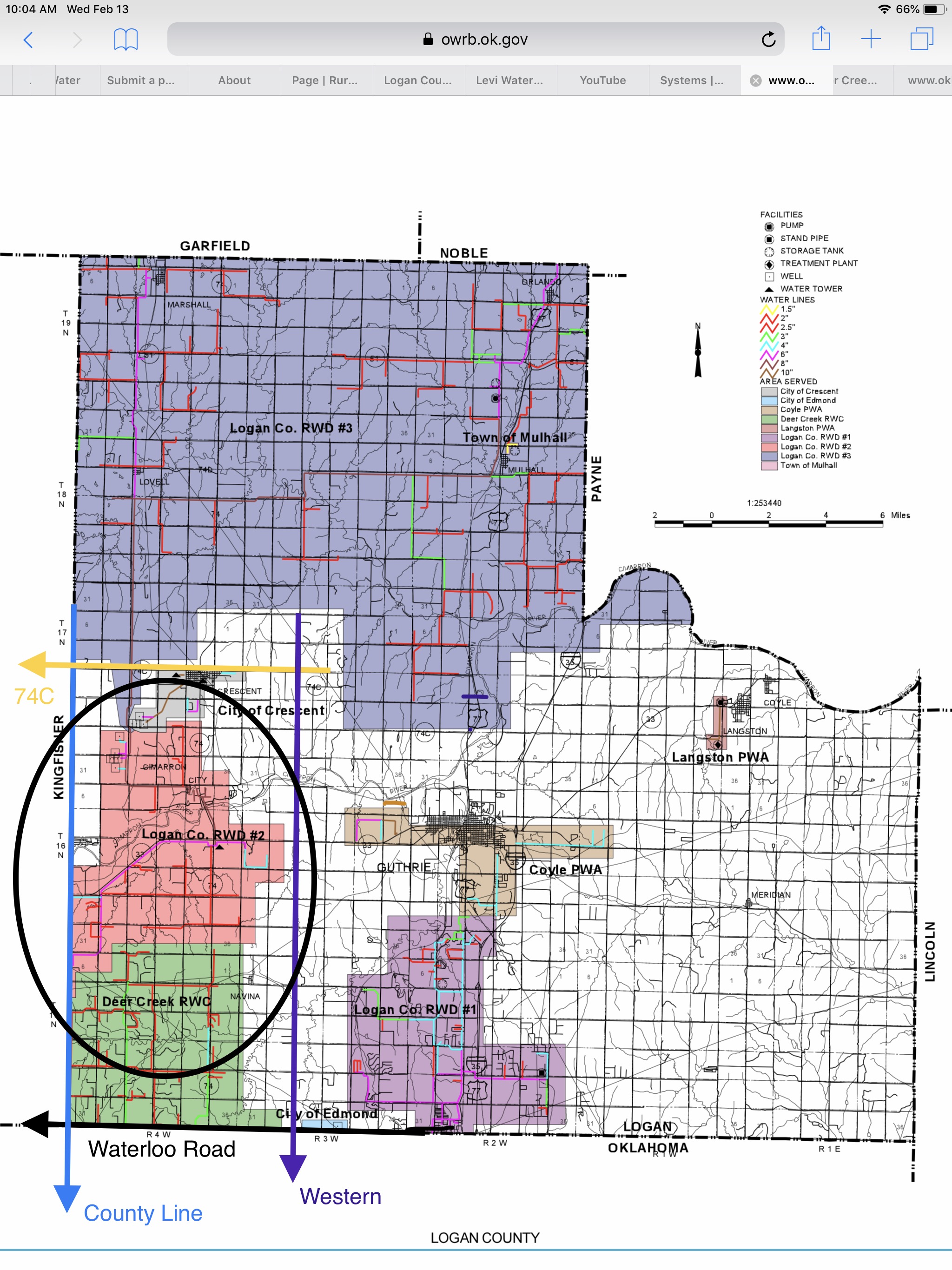FTC's Appeal Against Microsoft-Activision Merger Approval

Table of Contents
The FTC's Core Arguments Against the Merger
The FTC's appeal against the Microsoft-Activision merger rests on two primary pillars: concerns about competition in the cloud gaming market and anti-competitive practices in the console market.
Concerns about Competition in the Cloud Gaming Market
The FTC argues that Microsoft's acquisition of Activision Blizzard will significantly stifle competition in the burgeoning cloud gaming market. This rapidly growing sector is vital for the future of gaming accessibility and innovation. The core of the FTC's argument is that Microsoft's control over key franchises like Call of Duty, World of Warcraft, and Candy Crush Saga will give them an unfair competitive advantage.
- Microsoft's potential to exclude competitors: The FTC claims that Microsoft could leverage its ownership of these titles to exclude competitors from cloud gaming platforms. This could involve refusing to license games to rival services or offering them on more favorable terms to its own platform, Xbox Cloud Gaming.
- Impact on pricing, choices, and innovation: The resulting lack of competition, the FTC argues, will lead to higher prices, fewer choices for consumers, and reduced innovation within the cloud gaming market. This would limit the options available to gamers and potentially restrict access to gaming for those relying on cloud-based platforms.
- Leveraging existing dominance: The FTC highlights the risk that Microsoft might leverage its dominance in other gaming sectors (like the Xbox console market) to further solidify its position in cloud gaming and shut out its competitors.
Anti-Competitive Practices Regarding Game Consoles
Beyond cloud gaming, the FTC alleges the merger could harm competition in the broader console market. This is a significant concern given the established dominance of Sony's PlayStation and the presence of Nintendo's unique platform.
- Exclusive access to key franchises: The FTC argues that making popular Activision Blizzard franchises, particularly Call of Duty, exclusive to Xbox consoles (or offering them on PlayStation under unfavorable conditions), would significantly discourage gamers from purchasing competing consoles.
- Decline in innovation and diversity: This potential loss of competition could lead to a decline in innovation and a less diverse range of games and features offered across different consoles, ultimately harming consumer choice.
- Barriers to entry for new competitors: The FTC’s appeal explores how Microsoft’s increased market power post-merger could create significant barriers to entry for new console manufacturers, hindering the potential for future innovation and competition in the console market.
Microsoft's Counterarguments and Defense
Microsoft has vigorously defended the merger, presenting counterarguments and highlighting its commitment to maintaining fair competition.
Microsoft's Commitment to Maintaining Fair Competition
Microsoft's core defense centers on the idea that the merger will benefit consumers by expanding access to games and fostering innovation, not hindering it.
- Continued availability of Call of Duty on PlayStation: Microsoft has repeatedly pledged to continue making Call of Duty available on PlayStation consoles, a key point in their defense against anti-competitive claims.
- Expansion of cloud gaming access: Microsoft has underscored its plans to expand cloud gaming access across various platforms, demonstrating a commitment to broader accessibility and not limiting access to its own platforms.
- Emphasis on fair competition: The company consistently emphasizes its commitment to fair competition within the industry, arguing that the merger won’t result in any anti-competitive behavior.
Legal Challenges and Procedural Issues
Microsoft’s legal strategy will likely also incorporate legal challenges and procedural arguments to weaken the FTC's case and contest the initial court ruling.
- Challenging FTC's interpretation of antitrust laws: Microsoft’s legal team might contest the FTC’s interpretation of antitrust laws and the specific definitions of relevant markets in their assessment.
- Procedural challenges to the FTC's evidence: The defense could focus on procedural aspects, arguing that the FTC’s evidence was insufficient or the initial judicial process was unfair.
- Lengthy legal battles and potential delays: The legal battle surrounding the FTC’s appeal against the Microsoft-Activision merger is expected to be lengthy and complex, potentially delaying or even preventing the merger's completion.
Potential Implications and Future Outlook
The outcome of the FTC's appeal will have far-reaching consequences for the gaming industry and beyond.
Impact on the Gaming Industry
The decision in this case could profoundly alter the future of mergers and acquisitions in the gaming industry.
- Increased regulatory scrutiny: A successful FTC appeal could set a precedent for stricter regulatory scrutiny of large tech company mergers, particularly in the gaming sector.
- Influence on future deals: The outcome will significantly influence how other companies in the gaming and tech industries structure future deals, leading to more cautious approaches or potentially hindering growth through consolidation.
- Precedents for antitrust enforcement: The legal decision will set vital precedents for antitrust enforcement in the increasingly complex digital marketplace.
Implications for Gamers
Ultimately, the FTC’s appeal will directly impact the average gamer in various ways.
- Call of Duty and other Activision Blizzard titles: The availability and pricing of Call of Duty and other Activision Blizzard titles could be directly affected by the outcome.
- Cloud gaming subscription pricing and availability: Consumers could experience changes in cloud gaming subscription pricing and the availability of specific titles depending on the court’s decision.
- Long-term impact on innovation and competition: The long-term impact on gaming innovation, competition, and consumer choice remains uncertain and hinges on the court's final ruling.
Conclusion
The FTC's appeal against the Microsoft-Activision merger is a pivotal moment for the gaming industry and antitrust law. The arguments presented by both sides highlight the complexities of regulating mergers in the rapidly evolving digital landscape. The outcome of this legal battle will have profound implications for competition, innovation, and the gaming experience for millions of consumers. Staying informed about the progress of the FTC's Appeal Against Microsoft-Activision Merger is crucial for anyone interested in the future of the gaming industry. Follow the news and legal developments to understand how this case shapes the future of gaming and the broader tech landscape.

Featured Posts
-
 Hyeseong Kims Breakout Game Dodgers Prospect Dominates In Doubleheader Sweep
May 16, 2025
Hyeseong Kims Breakout Game Dodgers Prospect Dominates In Doubleheader Sweep
May 16, 2025 -
 Update Individual In Custody Gsw Campus Reopens
May 16, 2025
Update Individual In Custody Gsw Campus Reopens
May 16, 2025 -
 Rare Kid Cudi Items Sell For Eye Popping Amounts At Recent Auction
May 16, 2025
Rare Kid Cudi Items Sell For Eye Popping Amounts At Recent Auction
May 16, 2025 -
 Boil Water Advisory In Effect Anderson County Rural Water District 4 Kdhe
May 16, 2025
Boil Water Advisory In Effect Anderson County Rural Water District 4 Kdhe
May 16, 2025 -
 35 Seconds To Defeat Paddy Pimbletts Unforeseen Loss
May 16, 2025
35 Seconds To Defeat Paddy Pimbletts Unforeseen Loss
May 16, 2025
